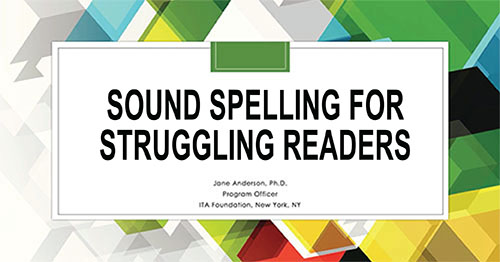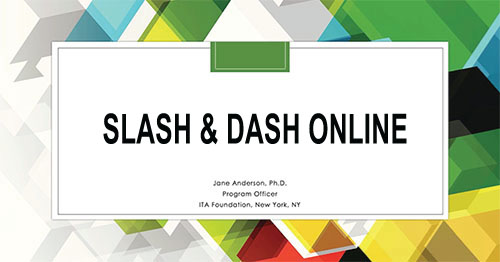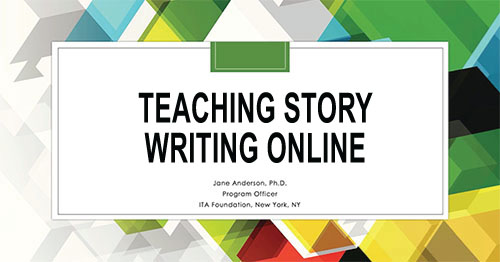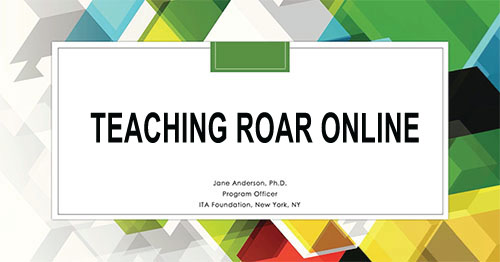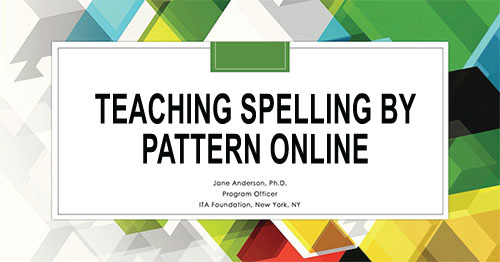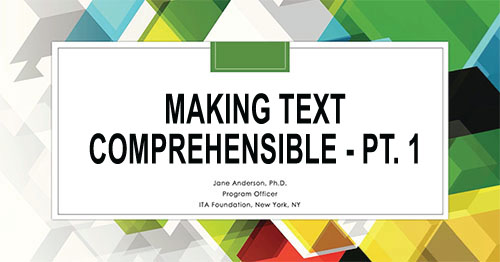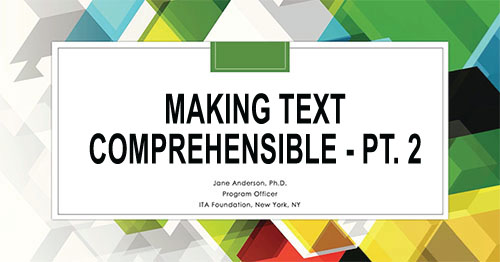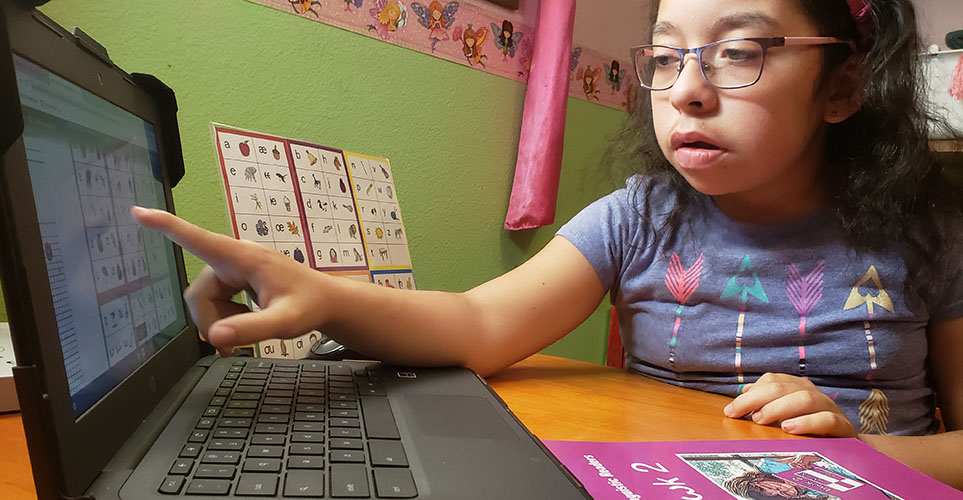
Interventions for Struggling Readers
If you work with older students who have failed to become proficient readers, the research-based strategies and resources on this page are what you need. These are also valuable resources for those who work with English learners who have mastered basic conversational English but need help with academic vocabulary, spelling, and writing.
Correction of Phonological Deficits/Vocabulary Development
Written English is a complex amalgam of sound-letter and spelling combinations. Children who do not master phonological awareness, the ability to manipulate the sounds of spoken words, will have difficulty with all subsequent levels and aspects of reading as they progress through the grades.
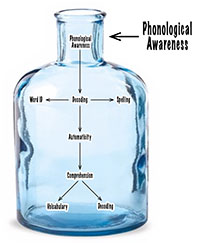 Click on the following bottleneck image to visualize the crucial role of phonological awareness in reading development. Children who get stuck in the bottleneck remain slow decoders who struggle with fluency and comprehension, while those who slip through the bottleneck too quickly do not acquire the phonological analysis skills needed for successful decoding.
Click on the following bottleneck image to visualize the crucial role of phonological awareness in reading development. Children who get stuck in the bottleneck remain slow decoders who struggle with fluency and comprehension, while those who slip through the bottleneck too quickly do not acquire the phonological analysis skills needed for successful decoding.
The ITA phonemic alphabet is uniquely suited for remediation of phonological deficits in English-speaking students who have failed to acquire reading proficiency. Teaching ITA Sound Spelling Online demonstrates how to help struggling readers correct phonological deficits using ITA to write personal narratives. Materials and protocols for implementing ITA Sound Spelling are located on the right side.
Simultaneously with correction of phonological deficits, ITA can be used to teach advanced vocabulary terms and creative writing. Slash and Dash and Vocabulary interventions Online and Teaching Story Writing Online demonstrate how to improve narrative writing and vocabulary as you remediate underlying phonological deficits with Slash and Dash. Download teaching materials located on the right sidebar to implement these strategies.
Building Reading and Spelling Fluency
The ability to read fluently allows a student to concentrate on the meaning of the text. For thirty years our ITA intervention programs have validated the effectiveness of Oral Assisted Reading (ROAR) for advancing reading fluency by an average of two grade levels per year. Teaching ROAR Online demonstrates how to help students make significant progress in reading fluency even before their underlying phonological deficits have been corrected via the ITA writing protocols. Materials and protocol directions for implementing ROAR are located on the right sidebar.
Students who have learned how to spell unknown polysyllabic words by sound using ITA are ready for the next stage of spelling development, Spelling by Pattern. Teaching Spelling by Pattern Online demonstrates how to empower students to make educated guesses about which letter to use for the /k/ sound in “compelling” or “kindling.” Using the Spelling by Pattern Protocol and Spelling Patterns for Word Detectives manual will also take them (and you) on a journey through the complex and interesting story of how our English language evolved.
Reading Comprehension
By middle school, students are expected to read a wide variety of complex texts, using crucial comprehension strategies demonstrated in the videos and PowerPoint PDFs below.
The ITA comprehension protocols located on the right sidebar can be used with online reading materials. Some excellent graded nonfiction online reading materials are available at www.textproject.org, www.readworks.org and www.newsela.org.

